Reimagine - October 2022
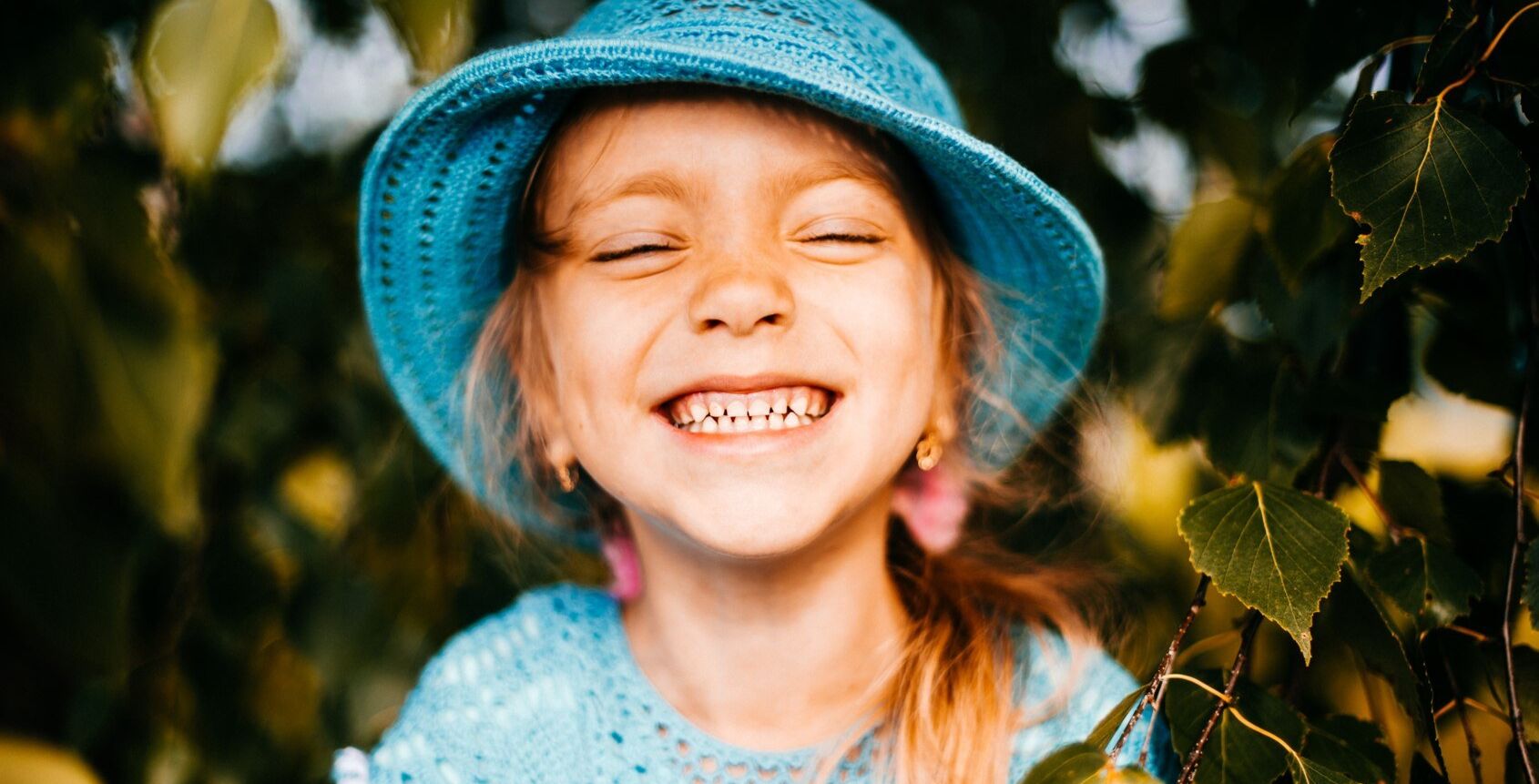
Message from our CEO

What a warming feeling spring brings. For me, it brings a sense of regeneration, happiness and, most importantly, hope. This year, because of your help, we’ve been able to bring hope to thousands of Victorian children, young people and families too.
In this edition of Reimagine we share with you how well Albie* is doing thanks to his time spent in a Teaching Family Model (TFM) home. TFM is a special out-of-home care program for kids who need more support than traditional out-of-home care – like foster care – can provide.
We’re also pleased to share with you the positive impact that Child-Parent Psychotherapy (CPP) has had on Naya* and Reva*. CPP is an evidence-based intervention that helps children and families affected by family violence address the trauma they’ve experienced.
At Berry Street, we know the uplifting impact that therapy animals can have on our emotional, behavioural and social wellbeing. We are excited to share with you a few of our ‘employees’ who work with students at our Berry Street Schools.
Thank you for your ongoing support. Because of you we have been able to change lives. Your generosity has allowed us to provide hope to children, young people and families. I hope you enjoy reading this issue of Reimagine and seeing firsthand how far your kindness can reach.

Michael Perusco
Chief Executive Officer
Albie’s amazing progression
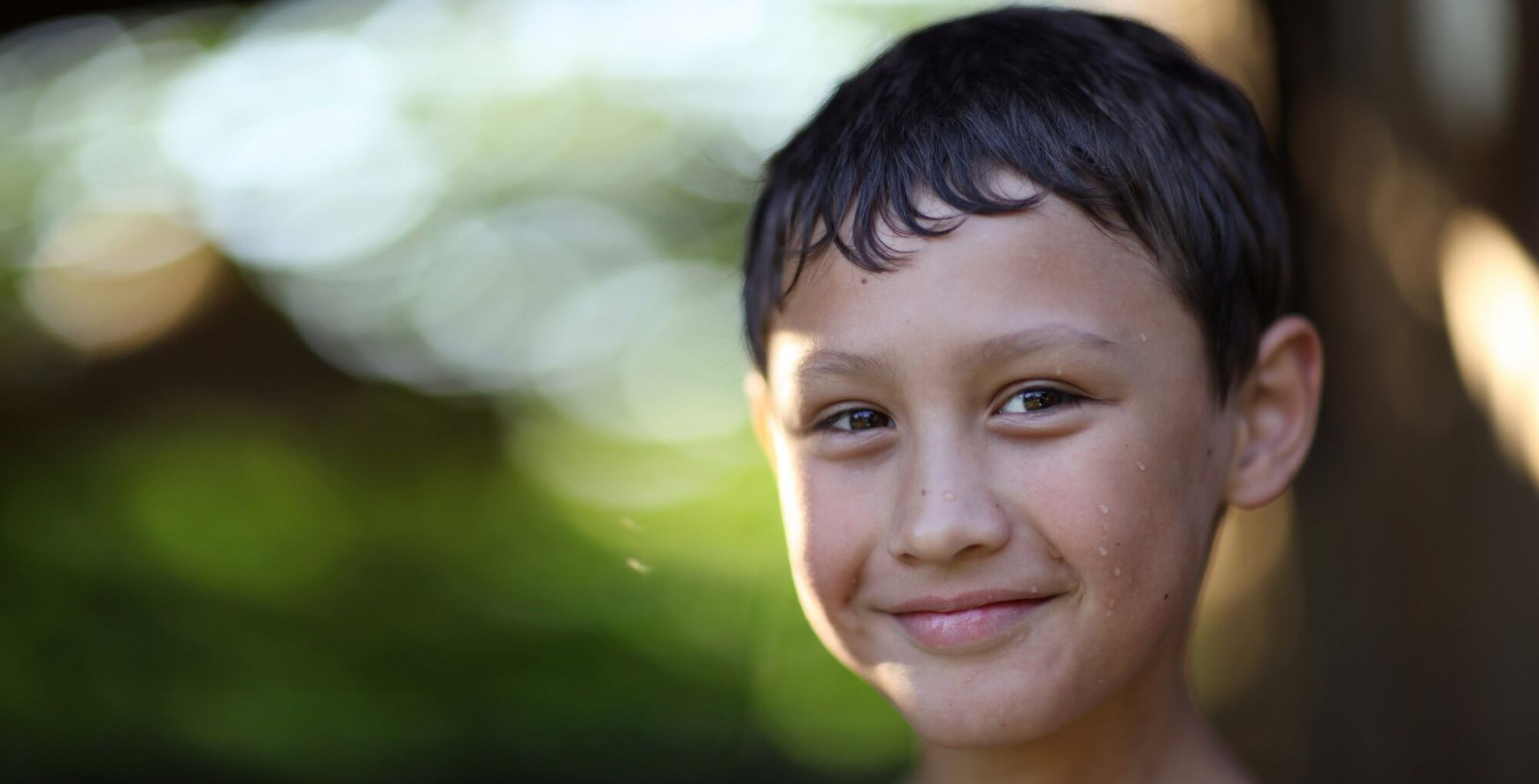
You may remember Albie*, a little boy who experienced shocking abuse and neglect. Albie was left locked in a room for over 12 months with no access to food, water or a bathroom. Once this abuse was uncovered, he needed specialised therapeutic support to give him the best opportunity to recover.
Thanks to kind donors like you, Albie was placed in a Teaching Family Model (TFM) home. TFM homes are staffed 24/7 with specially trained carers, enabling children like Albie to heal from their traumatic experiences.
Albie’s carers worked with him on building basic self-management skills to help him control his fear and rage. He was particularly triggered when told the word “no”, so his carers focused on how to accept no without becoming stressed or triggered.
He has improved enough to go back to school and to see his grandpa regularly. The school, his grandpa and the TFM team worked together closely to reinforce the same approaches and skills-building which meant Albie progressed quickly.
He joined a basketball team at school, made friends and learned to be part of a team. Albie made so much progress that he is now cared for by a foster family. His foster family have gone above and beyond to ensure Albie has been made to feel at home.
Everyone is working together as a real team…the TFM carers, the school, his new family and his grandpa...to make things better for Albie. We all want him to have a happy future.
Naya’s recovery through psychotherapy
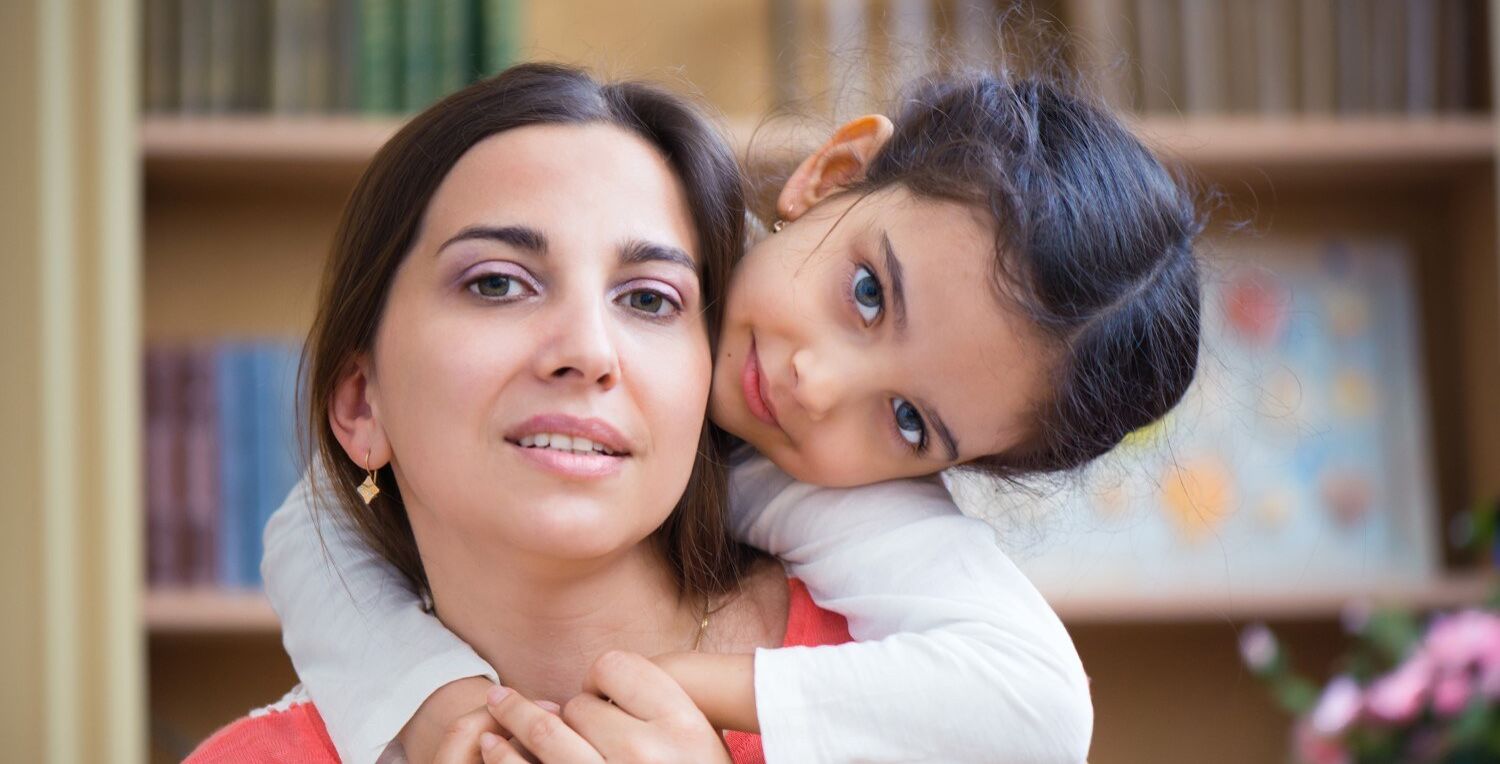
Naya* is in Prep and has thick glossy black hair that falls halfway down her back. She’s shy and looks like her mum, Reva*. Reva and her husband moved to Melbourne from India before Naya was born. Reva thought that after experiencing violence in her home growing up, she’d be safe in Australia.
Unfortunately, due to her husband’s violence and financial abuse, Reva needed to leave the marriage. This meant it was just Reva and Naya. Due to the years of abuse and the isolation this caused, Reva’s mental health began to suffer. Naya was suffering too, she was chewing her nails until they bled, having nightmares and wetting the bed again. Reva felt like she was failing as a mother and so her case worker referred them both to Take Two’s Restoring Childhood program for some therapeutic support.
When Restoring Childhood clinician Jade first met Naya, she was confused and upset about her parents separating. She observed that Reva wasn’t confident parenting Naya alone, and her high levels of anxiety about being a single parent and a ‘bad’ mother were crippling her.
Jade decided to use Child-Parent Psychotherapy. She met weekly with Reva and Naya to use the evidence-based intervention to strengthen the relationship between them and make sense of what had happened. Jade helped Reva develop a narrative about what they’d been through, the difficulties they were experiencing now and how the therapy would help them.
They shared the narrative with Naya and provided toys to support Naya to express her experiences. Over nearly 12 months, Jade worked with them to explore Naya’s experiences, fears and divided loyalties between her parents. Between each session Jade spoke to each of Naya’s parents separately to help them understand how to best support Naya’s needs.
Naya’s dad was given opportunities to reflect on his use of violence and how that had impacted his daughter. He asked for a recommendation of a parenting class he could do to better support his daughter.
Naya is now more open in expressing her fears and what is worrying her. They both feel freer to play and have been having some fun times together. Naya’s bed wetting and nail biting are improving. She recently went to a birthday party and has told her mum she wants to have a rainbow unicorn-themed birthday party next year. Reva’s mental health and parenting confidence have improved markedly, and Jade is hopeful their future is bright together.
Alice relishes her role as foster carer
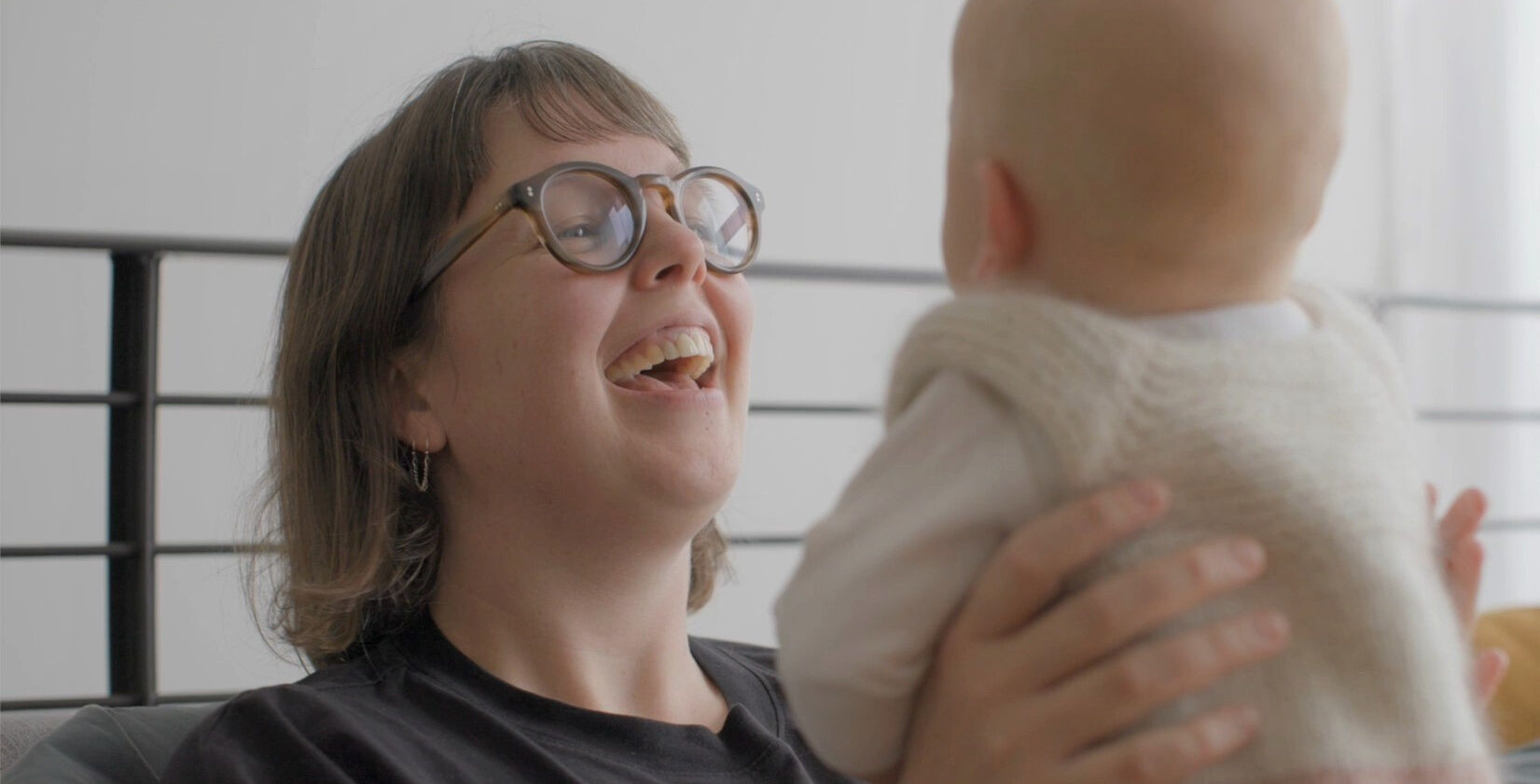
Alice wasn’t sure if she could be a foster carer. She’s single, doesn't own her own home and works full-time. But fast forward to today and Alice is thriving in her new role, as is the child in her care.
Alice welcomed a young Aboriginal boy, Adam*, into her care in January 2021. Prior to coming to live with Alice, Adam experienced significant trauma and had moved between multiple foster homes. In Alice’s care, Adam has flourished; he has reengaged with his education, made new friends and committed himself to a range of extra-curricular activities. Adam has settled with Alice to the point that those around him describe him as 'a different kid’.
[Foster care] has taught me things about myself that I never imagined. Every day is a privilege. I love it.
Led by Adam’s wishes, Alice created a culturally safe home that celebrates his Aboriginality. Alice has maintained Adam’s relationship and connections with his family and culture by: displaying Aboriginal artwork, pillows and posters around their home, proudly displaying a painting of his family tree above his bed and facilitating sibling contact on weekends.
The demand for foster carers is increasing and they are needed more than ever. As a foster carer, you could provide a safe and nurturing home to a local child and help them to thrive. . If you’re interested in joining our community of carers, please click the button below.
Spotlight: Berry Street’s therapy animals
Some of the children and young people in Berry Street’s care have experienced levels of trauma that make it hard for them to trust adults and talk about their situations. Cue our therapy animals!
Students at our Berry Street schools are reaping the many benefits of therapy animals – including social and emotional well-being – in the classroom to help them stay calm and focus.
Our therapy animals are also helping students increase their motivation for learning which is why they are so helpful in school settings. In addition, research has shown therapy animals can help reduce stress and provide a sense of connection in difficult situations. We’re certainly seeing that in our school.
Berry Street has several therapy animals that work across our school campuses. We’d love to introduce you to a few of them who are doing a great job keeping kids calm and assured.
Murphy – Cavalier King Charles
Murphy loves apples, playing with the students and his toys. He has trained hard to be a therapy dog and loves his job. Murphy supports staff and students at the Berry Street School in Morwell in lots of ways; from welcoming them with cuddles, helping them to regulate their emotions and behaviours and spending one-on-one time with students who need extra support.
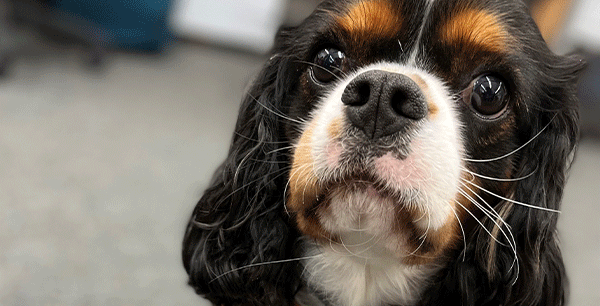

Phoebe – Golden Retriever
Phoebe likes the rubbish bin, food, naps, pats, belly scratches and low-hanging food. She works at the Berry Street School in Ballarat as an Education Support dog. Phoebe spends time helping students who have social and emotional learning needs get through the day.
Kahlo – Rat
Kahlo likes food, especially pumpkin and seeds. She likes laying in her little hammock as well as nesting in people’s hair. Kahlo might be small, but she makes a big impact on the students at the Berry Street School in Morwell. Kahlo has helped students to complete literacy assessments, get through their immunisations and participate in group discussions.
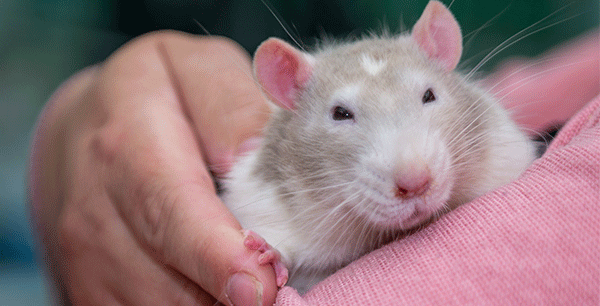
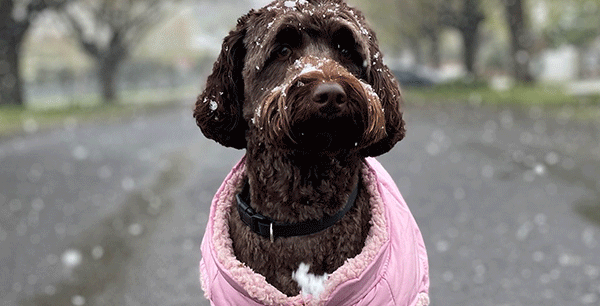
Poppy – Labradoodle
Poppy loves zoomies around the school yard and snuggling on the couch. Poppy works with her owner, a Student Wellbeing Worker, at the Berry Street School in Ballarat. She is adept at connecting with whoever needs some extra attention and support, both staff and students alike.
Vijay – Labrador
Vijay enjoys spending his day getting pats and laying at people’s feet at the Berry Street School in Morwell. Vijay joins in morning circle where students set intentions for the day. He also helps students and staff get fresh air and participate in activities throughout the day.
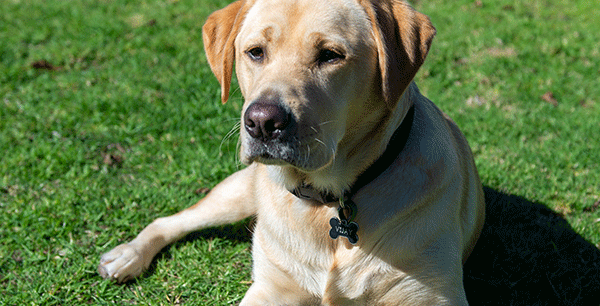
*Names in some stories have been changed in the interest of protection and privacy. In order to protect the identity of our clients, we only use images of models and volunteers. The people pictured in our stories are not connected to the case studies presented.